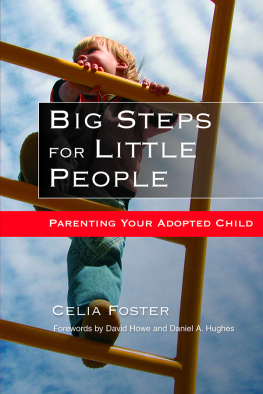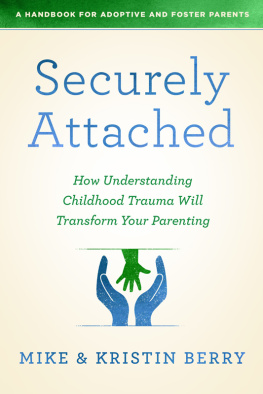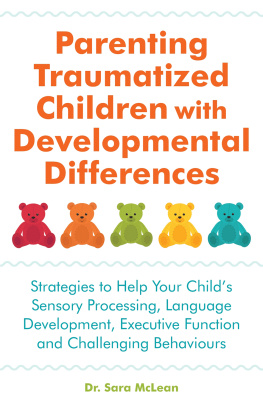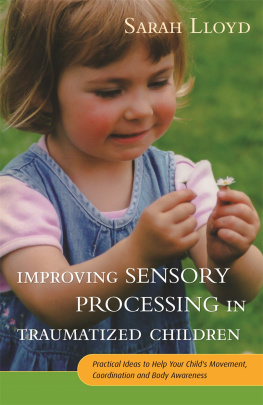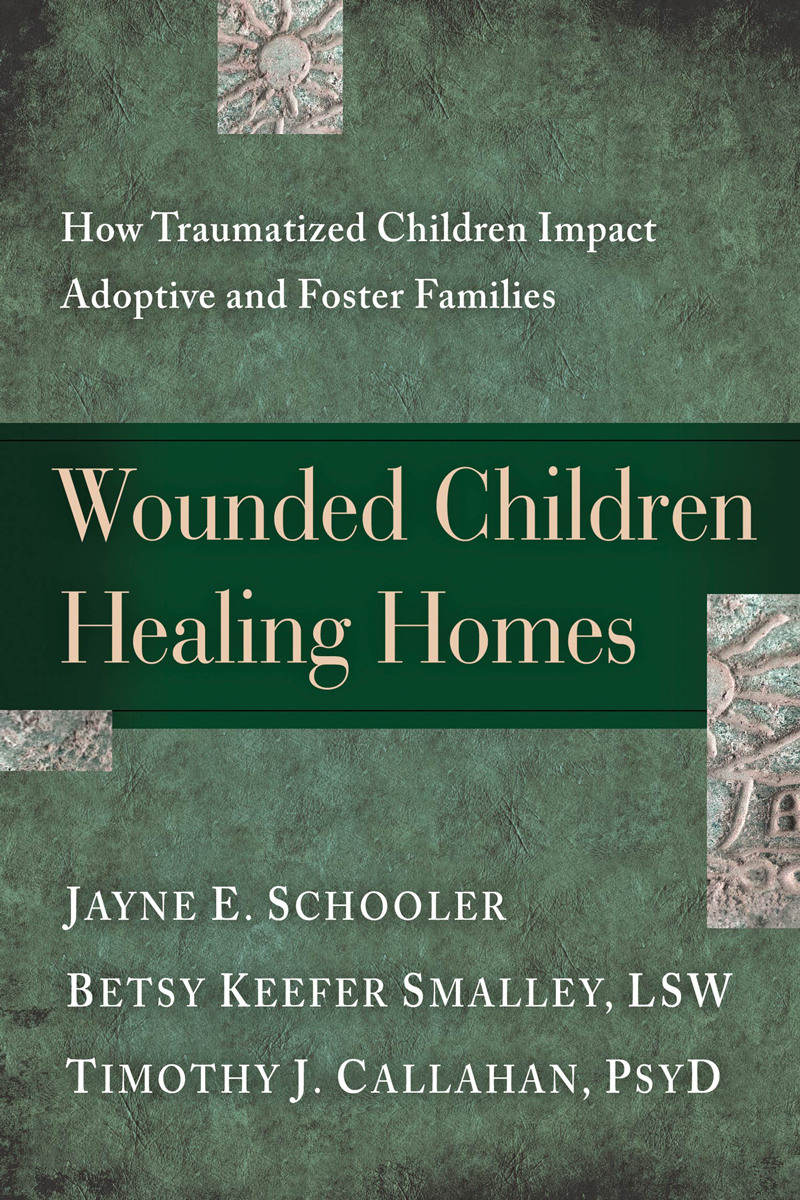NavPress is the publishing ministry of The Navigators, an international Christian organization and leader in personal spiritual development. NavPress is committed to helping people grow spiritually and enjoy lives of meaning and hope through personal and group resources that are biblically rooted, culturally relevant, and highly practical.
For more information, visit www.NavPress.com.
Copyright 2009 by Jayne E. Schooler, Betsy Keefer Smalley, and Timothy J. Callahan. All rights reserved.
A NavPress resource published in alliance with Tyndale House Publishers, Inc.
NAVPRESS and the NAVPRESS logo are registered trademarks of NavPress, The Navigators. Absence of in connection with marks of NavPress or other parties does not indicate an absence of registration of those marks.
TYNDALE is a registered trademark of Tyndale House Publishers, Inc.
ISBN 978-1-61521-568-3
Cover design by Arvid Wallen
Unless otherwise identified, all Scripture quotations in this publication are taken from The Message ( MSG ) by Eugene H. Peterson. Copyright 1993, 1994, 1995, 1996, 2000, 2001, 2002. Used by permission of NavPress Publishing Group. All rights reserved.
Some of the anecdotal illustrations in this book are true to life and are included with the permission of the persons involved. All other illustrations are composites of real situations, and any resemblance to people living or dead is coincidental.
Build: 2021-04-21 22:38:41 EPUB 3.0
From Jayne E. Schooler
To the beautiful children we know and love living in an orphanage in Kyrgyzstan:
Victor, Dima, Maksat, Slavic, Anya, Aibek, Nastya, Angelina, Sasha, Vanya, Eelia, Colya, Nazik, Argen, Meesha, Aziz, Kumushai, Aisuluu, Alymbek, Kenat, and to our missions team, who loves them, tootwo incredible Canadian familiesLynn and Ruby Johnston and John, Julie, Emma, and Bekah Wright.
You are precious in Gods sight.
From Betsy Keefer Smalley
To all families, but especially my own: Guy Smalley; Cory, Steve, and William Matyas; Drew and Jessica Keefer; Russell, Paula, and Emily Smalley; Stuart Smalley; and Lois Smalley.
From Timothy J. Callahan
To the resilient nature of the human body and spirit.
Foreword : Parenting Traumatized Children: The Impact on Foster and Adoptive Parents
This book is a gift to adoptive families and children today. Since I entered the field of adoption in 1963, there has been a 180-degree shift: first, in the needs of the children who require permanency; and second, in how services are thought about and delivered. The children being placed for adoption today arrive with multiple traumas, developmental delays, and challenging behaviors that may stretch their new family, sometimes to the breaking point.
Addressing the needs of the traumatized child requires hard work for both professionals and for the families who parent these children. Everyone must dedicate time in their already busy lives to address these needs. The therapists and social workers supporting these families must use many creative tools during the first few years to help them through the rough times, after placement, and after the adoptions are finalized. The parents must adapt rapidly, do all the initial adapting, and commit to a child they dont yet love, and may not even like, for awhile. This is what has become professional parenting.
Research and literature from the fields of neurobiology, trauma, and attachment inform our work as professionals, as parents strive for healthy family relationships. Teaching families how to respond to the childs trauma-induced behaviors requires a new set of skills and new language. Parents must recognize that behaviors are the childs way of speaking about the past. The behaviors that once helped him now threaten his placement and healthy development. The childs strong, reactive emotions, based on that early trauma, are catchy and can quickly create trauma in the familynot just for the parents but also for the other siblings in the home. Having parented traumatized children myself, I know that the childs feelings of helplessness, avoidance, isolation, and rage are easily triggered in the new family. I remember such a moment when I was enraged with one of our children. I glanced at myself in the hallway mirror and saw the face of a raging shrew staring back at me! I had never met that part of myself before.
Healing begins as parents see their role as external regulators for their children, working to increase pleasure and enhance attachment. They may see powerful results in using the five senses and playing together as much as possible. They can learn nonverbal tools such as art, dance, music, rocking, singing, and time-in instead of time-out discipline.
These new parenting techniques are different from how most of us were raised. They often trigger negative reactions from grandparents. Siblings may not think it is fair that the traumatized child is treated differently. Many adoptive families find themselves creating new family systems because family-of-origin members leave, fearing that the traumatized child behaviors will impact their children. Friends, especially other adoptive families, become our new family systems. As a parent and professional, Ive learned how important it is for families with traumatized children to develop a large, well-trained support network.
Families need to be reminded that healing takes place over time; that change is slow and, at times, barely visible. Parents must pass the many tests their child may devise to see if he can truly trust this new family. The tests lessen over time but may emerge when another trauma, large or small, occurs for the child or family. Trauma leaves vulnerable spirits.
The joy and success grow through the years, making it all worth the effort. Meanwhile, therapeutic parenting must continue. Therapists and agencies owe these families a long commitment. We must become their secure base: knowledgeable touchstones, while the family provides a quality environment for their children. Professionals working in this arena must be highly skilled in the knowledge of trauma, loss, adoption, attachment-based parenting, family therapy, and developmental re-parenting.
This is an exciting time to be in the field of child placement and to parent a traumatized child. As professionals, we are learning from other disciplines, blending their expertise into our social work practice. We must distill this information into a useable body of knowledge, so that families can digest it and create health for the children to whom they are committed. This book takes us a giant step forward on our journey.
S HARON R OSZIA, MS
E MISSARY, K INSHIP C ENTER E DUCATION I NSTITUTE
Acknowledgments
From Jayne E. Schooler, MBS
Wounded Children, Healing Homes brings together some of the most remarkable people I have had the privilege of knowing. Each one of them brings to this project his or her own understanding and insight, born out of life experience and extensive professional experience.
Betsy Keefer Smalley, LSW
Betsy is not only a coauthor in this project; she and I also are great friends. We have worked together on many projects for over fourteen years. We think a lot alike but also have the great freedom to challenge each others thinking and writing. Betsy has worked in the field of child welfare for thirty-seven years. She has been instrumental in writing and developing adoption training curriculum for professionals used in Ohio, across the United States, and overseas. She has been my mentor and tremendous encourager. We coauthored


